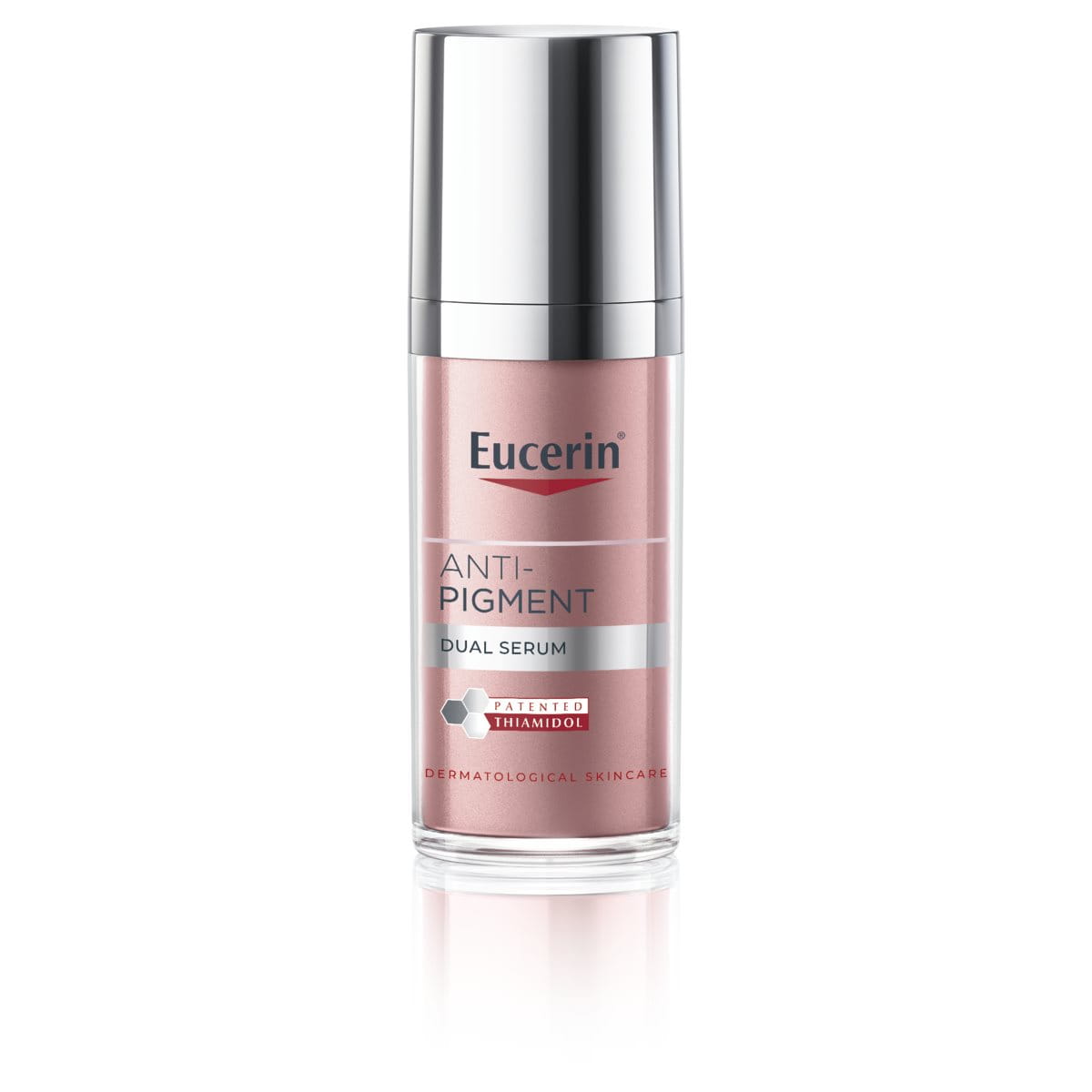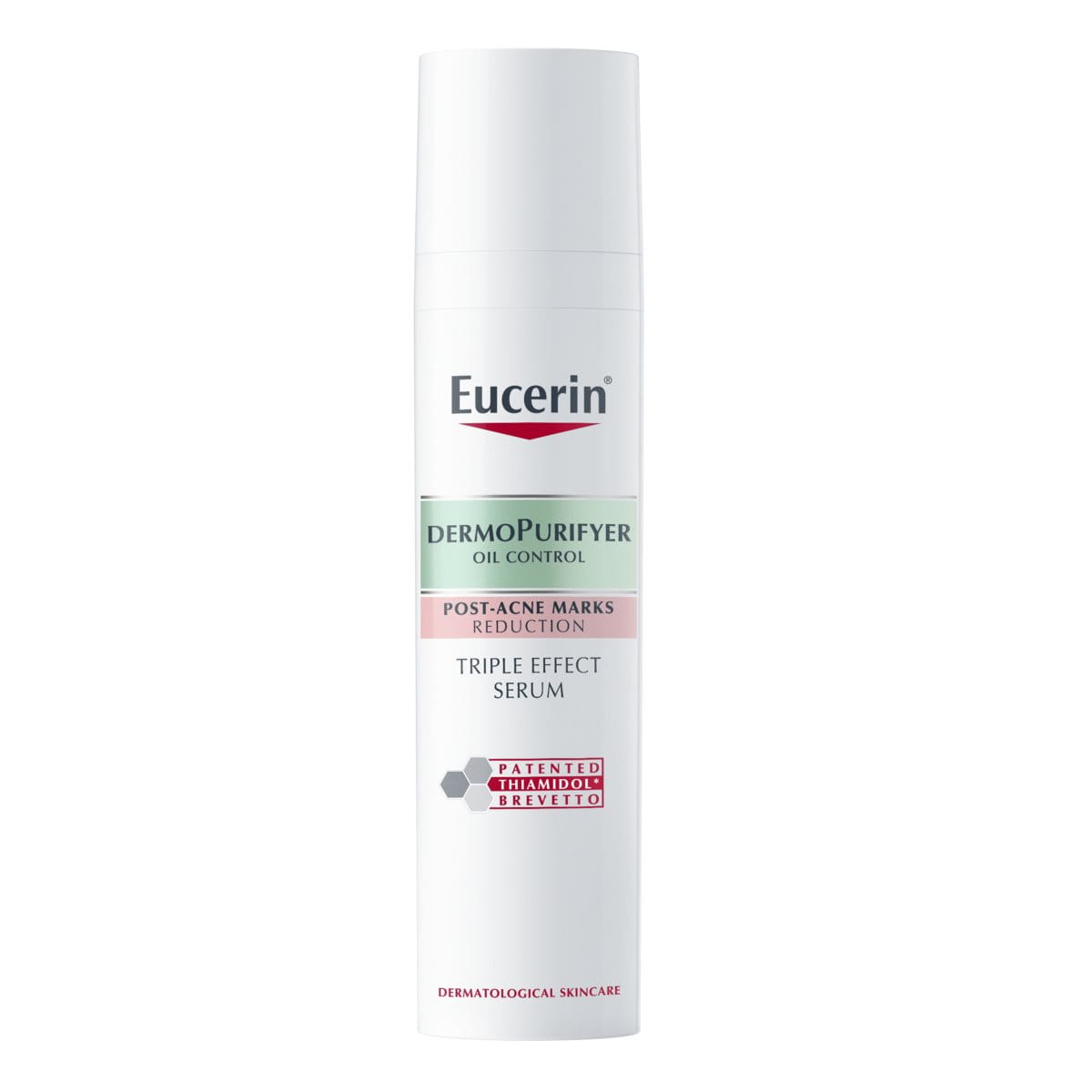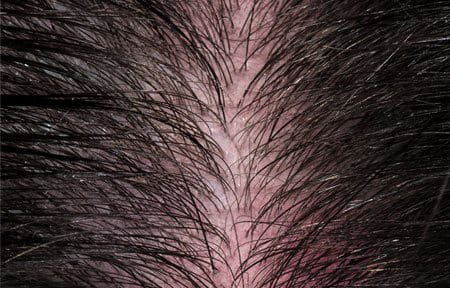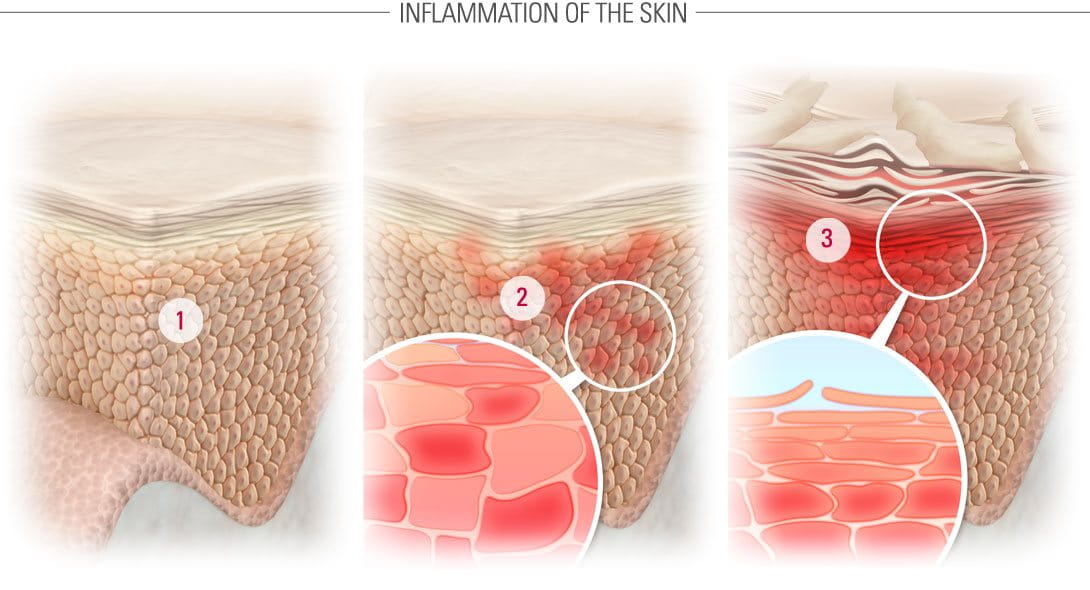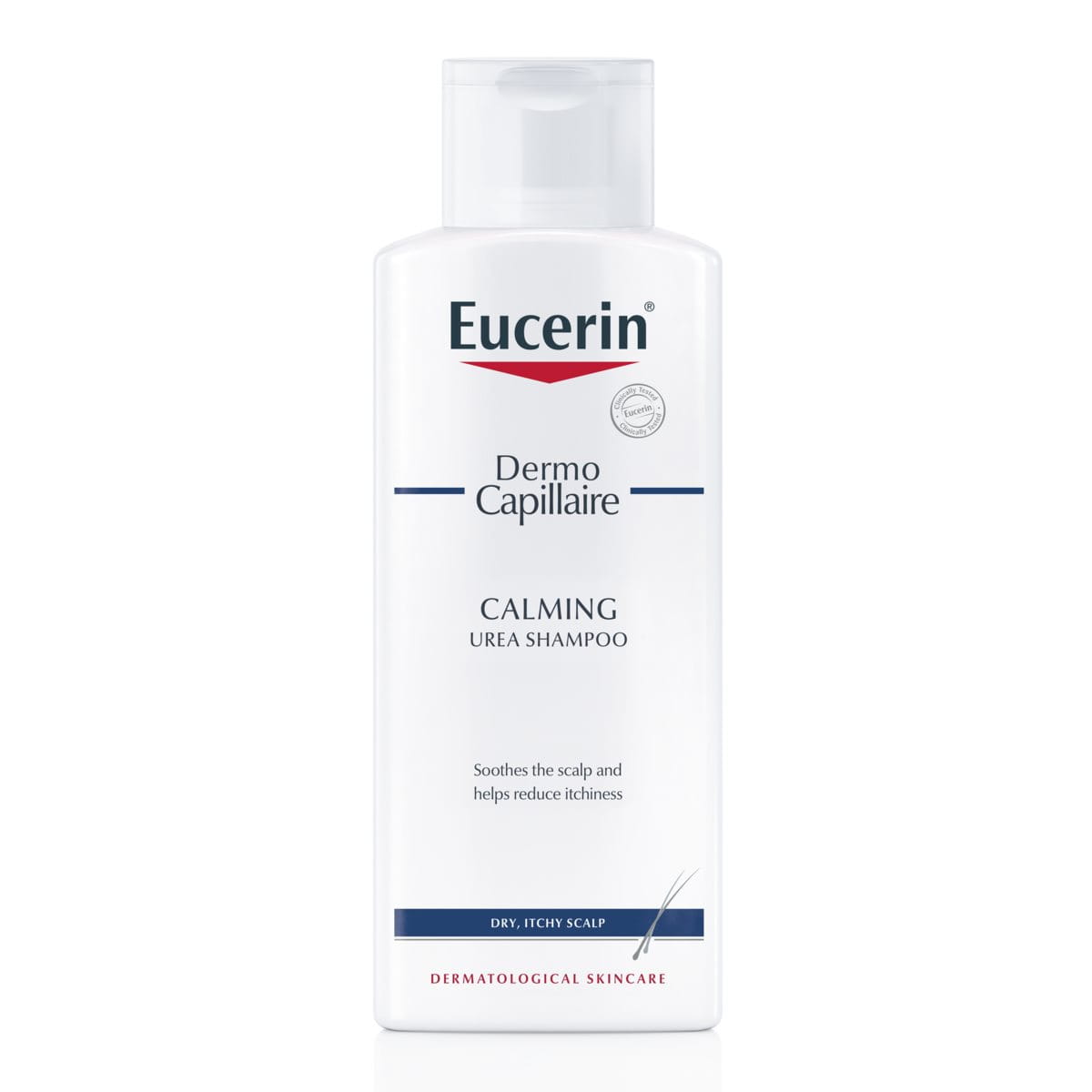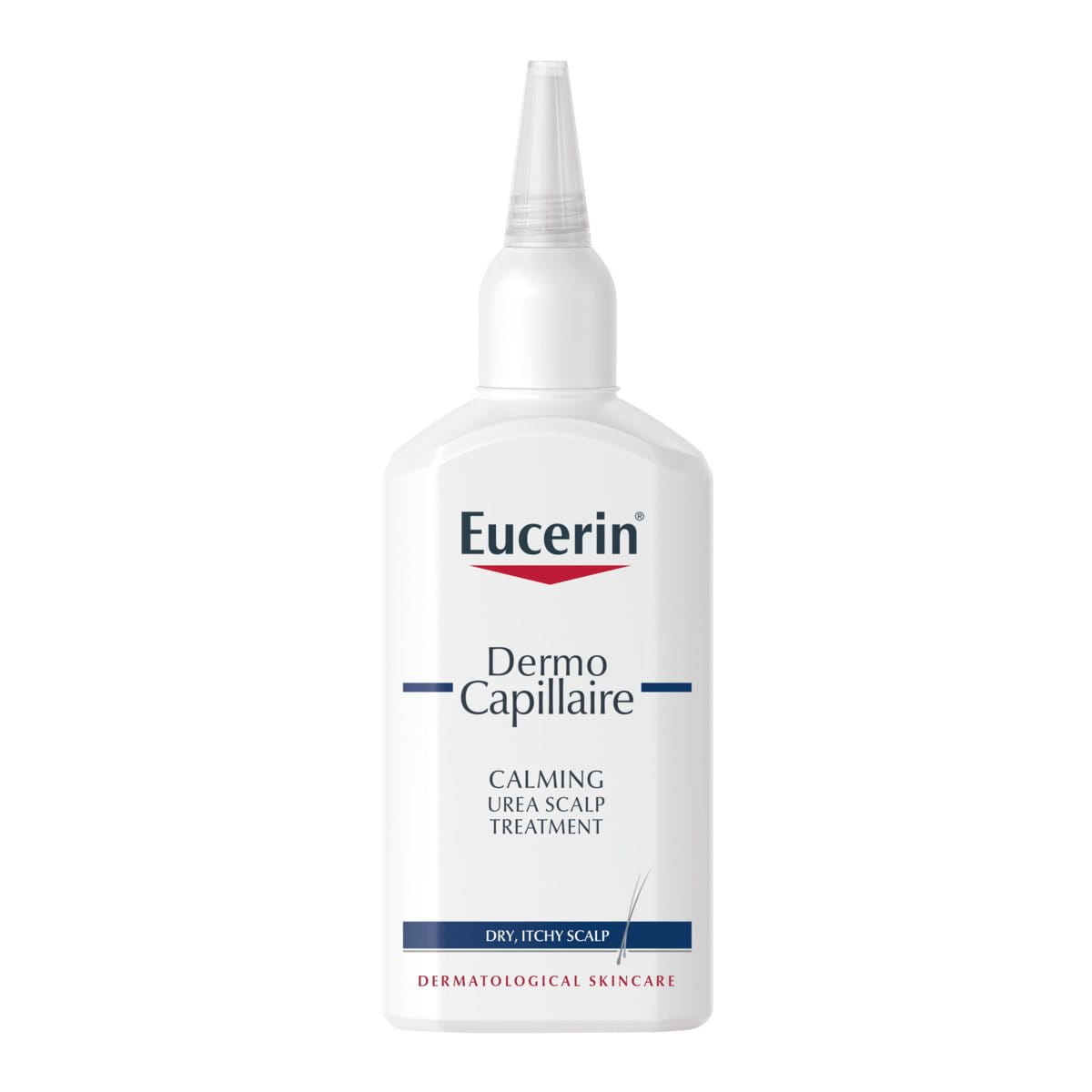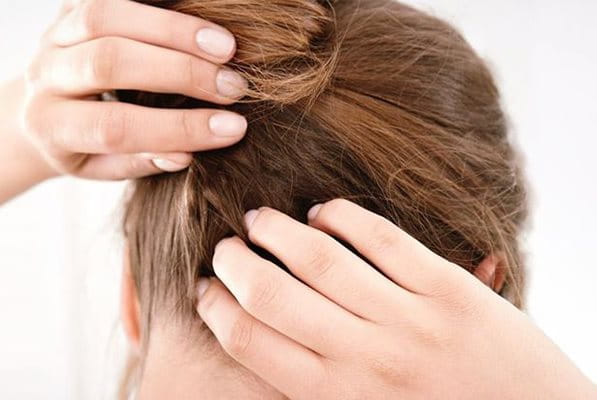Published: December 2014
Last Reviewed: November 2024
If you've noticed a new shampoo making your head burn or or feel itchy for no reason you can think of, you could be suffering from scalp tenderness.
Scalp tenderness is a common concern, affecting about 60% of women and 40% of men. The causes of scalp pain vary widely, from dandruff to infection. In cases of severe sensitivity, it may indicate a hypersensitive scalp, which can often be managed with the right care and treatment. A sensitive scalp can cause discomfort and be distracting during your daily routine. Learn more about the symptoms, causes, and treatment for sensitive scalp in this article.
